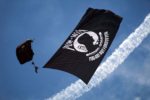As America bids farewell to the Senator from Arizona, the nation turns its lonely eyes to who?
For Roman politicians, the greatest honor was reserved for after death. If a politician achieved great things (and wasn’t on the wrong side of whichever faction was in power) he would be immortalized as a statue on the Rostra.
At the center of Rome, the Rostra was adjacent to the senate building overlooking the Comitium, the largest and oldest public square. During the late Republic the Rostra was used to display the heads of defeated political enemies. Having been deemed an enemy of the state, Mark Antony once ordered that Cicero’s hands and head be displayed on Caesar’s Rostra after his execution.
But it was also the main stage for a politician to be seen and to be heard. And he wouldn’t just stand before the people, he would stand before the statues of the Patres Patriae, literally “fathers of the nation,” the most famous and virtuous historical figures in the Republic.
Senator John S. McCain is undergoing the digital equivalent of being cast in marble and placed on the Rostra. Lindsey Graham, McCain’s longtime legislative partner and friend, gave a teary eyed speech this week on the Senate floor to commemorate John McCain’s passing.
[Full transcript of Senator Lindsey Graham’s speech]
Along with a dose of McCainisms and jokes, Graham provided a heartfelt “after-action report” for what he dubbed “Operation Maverick,” the life of John McCain.
“[I] was lucky enough to walk in his shadow and to witness history up-close, to be in the presence of a giant at at time when everything around us was so small,” Graham said in a somewhat quivering voice. “I learned that serving a cause greater than yourself hurts … I learned that the captured warrior who was tortured became the statesman who forgave and healed, a relationship between his former adversary and our nation.”
Senator Graham described what John McCain had lost during his extraordinary military service, tortured for years by his captors (“he couldn’t put his jacket on, he couldn’t comb his hair because he got hurt serving a cause greater than himself”).
He also exclaimed, “I remember … how hard it is to tell your base ‘I think you’re wrong’ and how hard it is to solve problems that nobody else wants to talk about. I learned that failure and success are the different sides of the same coin.”
Graham explained, “He taught me that when good ignores evil, it may be convenient but it seldom works.” Defending McCain’s hawkish positions on Iraq and Syria Graham said, “Because warriors are the best, I believe, at making peace, and the warrior understands the difference between a false peace and real peace. To those who accused him of wanting endless wars, you have no idea what you were talking about. He wanted sustainable peace and understood the consequences of not seeing it through.”
Senator McCain’s national prominence is in part owed to his skillful handling of the media. Where many senators blended into the public’s general impression of the legislature, McCain glittered as a “maverick.”
Over the course of his 35 years as a legislator, McCain repeatedly demonstrated his willingness to reach across the aisle. His most high profile bills during the 1990s, two arms control bills passed with then Senator Al Gore, and a decade long fight for campaign finance reform with Democratic Senator Russ Feingold, were achieved in the teeth of fierce opposition from his own party.
“The worst day of my political life was when President George W. Bush signed McCain-Feingold into law in the early part of his first Administration,” said Mitch McConnell, who had led the fight against the bills throughout the 1990s.
This internecine combat provided the media with drama, and the love affair between McCain and the press reached its apex during the 2000 Presidential Campaign when, true to his “Straight Talk Express” campaign slogan, McCain engaged in off the cuff dialog with the media.
“McCain talked all day long with reporters on his Straight Talk Express bus; he talked so much that sometimes he said things that he shouldn’t have, and that’s why the media loved him,” said a reporter who followed the campaign.
McCain’s penchant for dramatic splits with his party continued to be catnip for the media through the end of his life, and at times reporting on it was as straightforward as an instant replay in sports:
We took a look at the dramatic moments (by seconds) when McCain’s vote sunk republican efforts to repeal Obamacare https://t.co/5E6IYcm840
— Brooke Baldwin (@BrookeBaldwin) July 28, 2017
In an era of ascending partisanship, McCain’s public reputation and his assorted immigration reform pushes became something of a liability among the Republican base. So much so, that when President Trump, who at the time was competing for the Republican nomination, dismissed his military service by saying “McCain is a war hero because he was captured, I like people who weren’t captured, ok?” Trump’s poll numbers continued to increase.
Lima Charlie News’ Captain Gail Harris encountered the senator immediately after Trump made his comment:
“It was around the time right after candidate Trump had made his ‘John McCain’s not a hero’ comment. I was representing Lima Charlie News at the annual Aspen Security Forum where the senator was giving a speech. Normally at the event, people stay and hang out with conference attendees after their speeches, but intuition told me that Senator McCain would leave right after his talk, so I positioned myself to be near his security detail.”
Harris continued, “As Senator McCain came down the guys talking into their sleeves surrounded him. So as he started to leave, I started to wave my hands real wide at him (not screaming, or anything). He stopped and hesitated a little, seeming as if he was wondering if I, an African American woman, would yell something at him like, ‘you voted against the Martin Luther King holiday!’ I leaned toward him and said,
‘Senator, I’m retired Navy, and I’m a longtime admirer of yours. I just wanted to tell you that you’ve been a tremendous inspiration to me.’
As I said this, I could see tears form in his eyes. He gave me a big hug. I knew that he had said little publicly about Trump’s comment, but it seemed to me that it may have bothered him more than we could ever know. No one ever wants their honor or service to be questioned.”
Captain Harris explained that she had just spoken about McCain’s captivity during her weekly radio show (KDUR Colorado). “When the Vietnamese had found out that his father was in charge of military forces in the Pacific, they offered to let him go, but McCain refused because he was so honorable he wanted to abide by the POW code: the first captured should be the first to be released.”
In March 1968, after half a year in captivity, the young McCain had been offered his freedom by the North Vietnamese. His father Jack McCain had just been promoted to Commander of the U.S. Pacific fleet, and, sniffing an opportunity for positive international media attention, the North Vietnamese informed John McCain that he was free to go.
Harris added, “If I were ever captured, I would hope to conduct myself with that much honor, but when you’re being beaten every day who knows? Considering that he endured over five and a half years of torture, never knowing if he would get out alive, for me, Senator McCain, the son and Grandson of 4 Star Admirals, is one of the greatest American heroes ever, and I was very honored for that brief moment to interact with him.”
![Image [Then Lt. Cdr. John S. McCain III, a POW for over five years, waves to well wishers after arriving at Jacksonville Naval Air Station in Florida in this March 18, 1973][AP Photo]](https://limacharlienews.com/wp-content/uploads/2018/08/John-McCain-02.jpg)
Before his capture, McCain had served on board the aircraft carrier USS Forrestal, participating in Operation Rolling Thunder air missions over North Vietnam. McCain suffered minor injuries after a weapon malfunction from an F-4 Phantom caused a major fire that took the lives of 134 sailors.
Following the USS Forrestal incident, McCain volunteered to fly for a different squadron, the VA-163 ‘Saints’ on board the USS Oriskany. On his twenty third mission, McCain’s Skyhawk was shot down by a Soviet-made SA-2 and he was captured in Central Hanoi on October 26, 1967. He remained in Vietnam as a POW until his release in March of 1973.
McCain was not the first member of his family to be held as a POW by an enemy of the U.S. On April 9, 1864 his great-great-grandfather had been captured by the Confederates after deserting. He died of injuries two weeks later.
McCain’s grandfather, John “Slew” McCain, had left Mississippi for West Point, but would later decide to attend the U.S. Naval Academy. After graduating in 1905, he worked his way up the ranks traveling on Theodore Roosevelt’s “Great White Fleet” in 1907, working in a convoy escort to counter German U-boats during WW 1. In 1942, he took over as the Navy’s commander for Aircraft in the South Pacific where he would have the opportunity to pioneer the aircraft carrier tactics that his grandson would later make use of in Vietnam.
While “Slew” was commanding in the air, his son Jack was serving underwater. Jack McCain, Senator McCain’s father, served in submarine operations during WW 2 and engaging in patrols between Taiwan and China during the Korean War. What followed was a decade of minor commands, lobbying the congress on the behalf of the Navy and R&D work for the Navy.
Senator McCain’s sons Douglas, Jack and Jimmy McCain have each served as well. Douglas was a pilot in the Navy, Jack was a Navy helicopter pilot, and Jimmy, having enlisted in the Marines at 17, served tours in Iraq and Afghanistan.
![Image [Former serviceman saluting McCain’s casket at the memorial service in the Arizona state capitol. AP Photo / Jae C. Hong, Pool]](https://limacharlienews.com/wp-content/uploads/2018/08/John-McCain-03.png)
“So my friend, you did good. You lived in the shadow of a four-star father and a four-star grandfather. You always worried would you disappoint? You did not. To Cindy and the children, thank you for making me part of the clan. To team McCain, you taught me what loyalty is all about.”
What’s that you say, Mrs. Robinson
Joltin’ John has left and gone away
Hey, hey, hey
Hey, hey, hey
[Simon & Garfunkel, 1968]
LIMA CHARLIE NEWS
[Anthony A. LoPresti and Diego Lynch contributed to this article]
Lima Charlie provides global news, featuring insight & analysis by military veterans and service members Worldwide.
For up-to-date news, please follow us on twitter at @LimaCharlieNews
In case you missed it:

![Image Where have you gone Joe DiMaggio? America's heartfelt farewell to John McCain [Lima Charlie News]](https://limacharlienews.com/wp-content/uploads/2018/08/John-McCain.png)
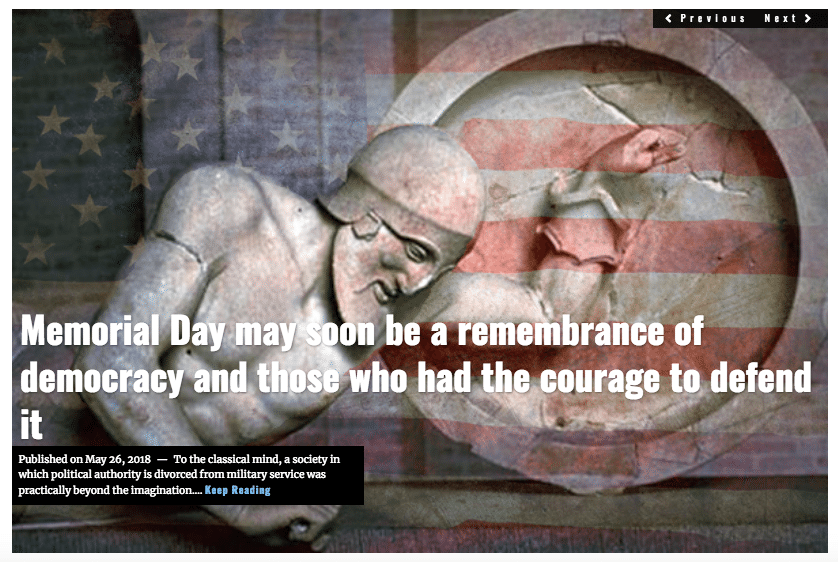
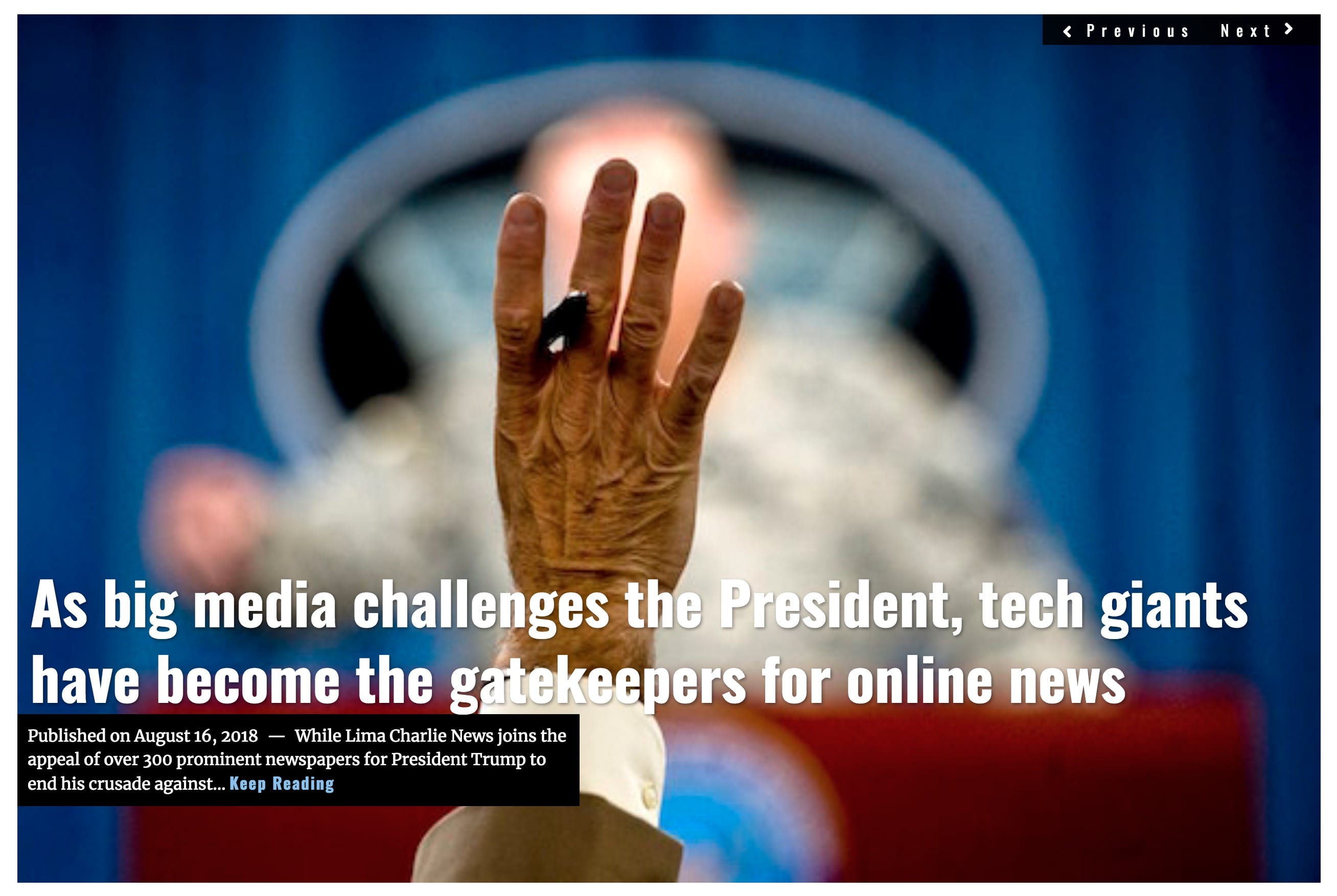
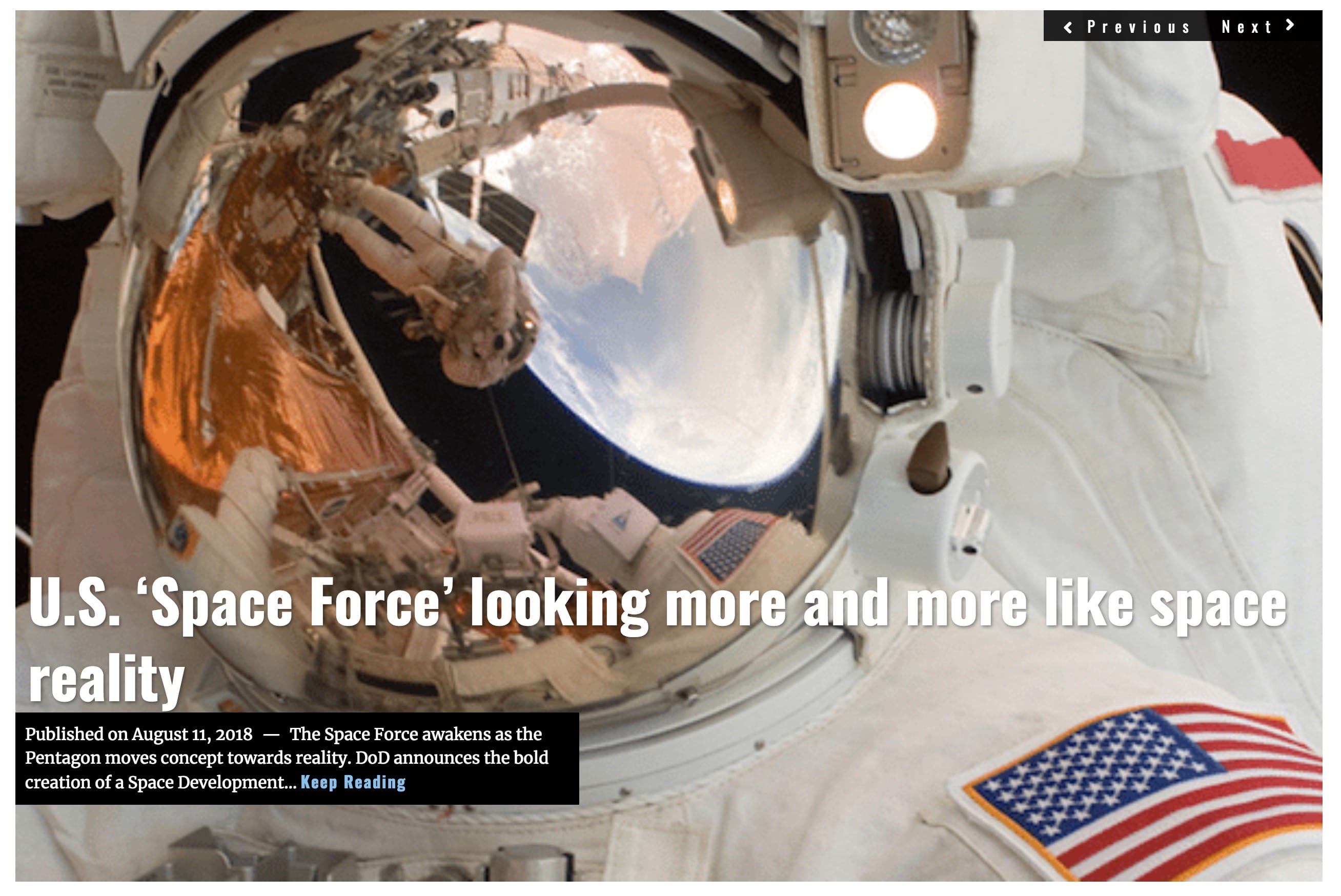
![Image A Veterans Day call to a nation divided [Lima Charlie News]](https://limacharlienews.com/wp-content/uploads/2018/11/A-Veterans-Day-call-to-a-nation-divided-Lima-Charlie-News-480x384.png)
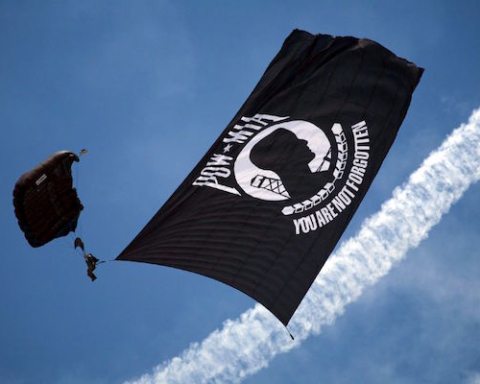
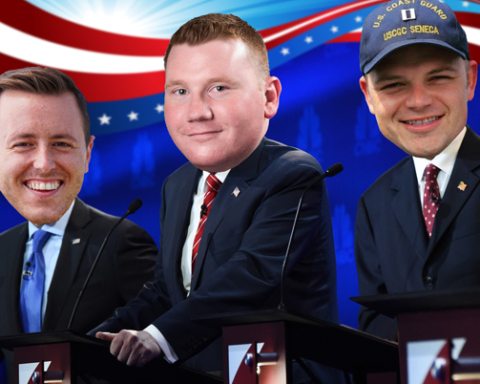
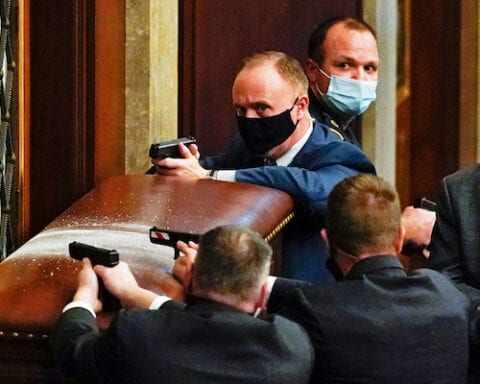


![Image Memorial Day may soon be a remembrance of democracy and those who had the courage to defend it [Lima Charlie News]](https://limacharlienews.com/wp-content/uploads/2018/05/Memorial-Day-may-soon-be-a-remembrance-of-democracy-and-those-who-had-the-courage-to-defend-it-Lima-Charlie-News-480x384.png)
![The Mind of Bolton - AUMF and the New Iran War [Lima Charlie News]](https://limacharlienews.com/wp-content/uploads/2019/05/Inside-the-mind-of-Bolton-Lima-Charlie-News-main-01-480x384.png)
![Image A Veterans Day call to a nation divided [Lima Charlie News]](https://limacharlienews.com/wp-content/uploads/2018/11/A-Veterans-Day-call-to-a-nation-divided-Lima-Charlie-News-150x100.png)
